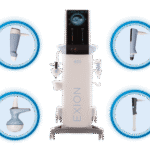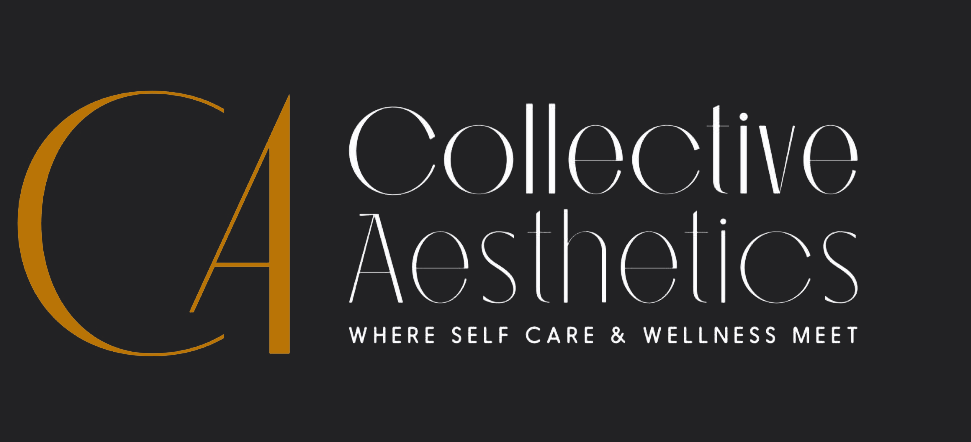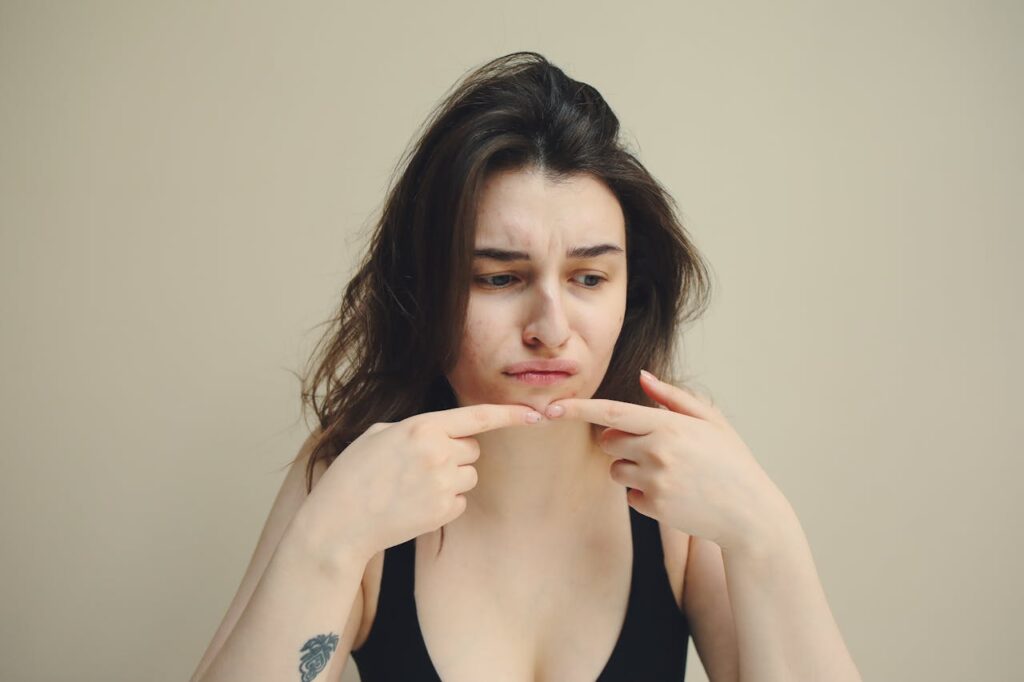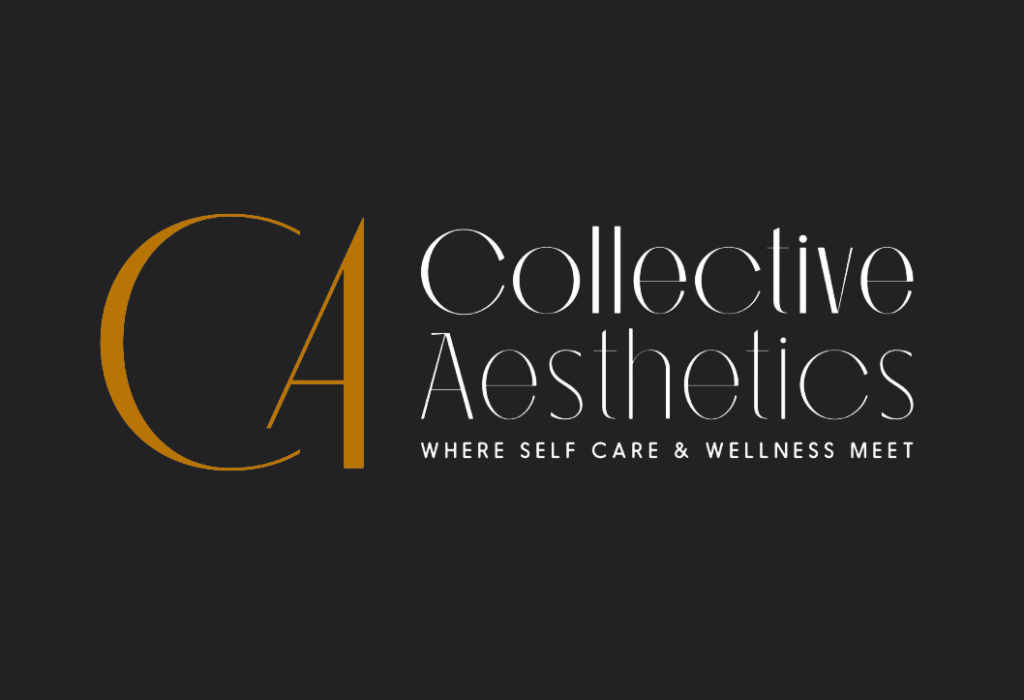Discover expert insights on whether you should pop pimples, including the risks and better alternatives to manage your skin health effectively. Learn more about the dos and don’ts of pimple care.
Acne and pimples, prevalent skin concerns affecting millions worldwide, often lead to the question: should you pop pimples? While the urge to eliminate these blemishes swiftly is understandable, grasping the potential consequences and exploring healthier alternatives is crucial. This understanding is key to maintaining skin health and preventing future outbreaks.
The Risks of Popping Pimples
Infection and Scarring: It’s crucial to understand that popping pimples can push bacteria and pus deeper into the skin, leading to more significant infection or more pimples. This action can also cause permanent scarring or dark spots that are much more challenging to treat than the original pimple. By being aware of these risks, you can make informed decisions about your skincare.
Delayed Healing: When you pop a pimple, the forced breaking of the skin barrier not only spreads bacteria but also slows the natural healing process. This can extend the life of a pimple and increase inflammation.
Spread of Bacteria: The bacteria in pimples, primarily Propionibacterium acnes, can spread to other pores if a pimple is popped incorrectly, potentially leading to an increased breakout area. Learn more.

When Is It Acceptable to Pop a Pimple?
Despite the risks, there are rare occasions when a pimple can be popped safely:
- Mature Pimples: Only attempt to pop white pimples at the top (pus-filled) and have been appropriately cleansed.
- Professional Handling: Ideally, any pimple popping should be performed by a healthcare professional, such as a dermatologist or trained esthetician, who can do so in a sterile environment.
Alternatives to Popping Pimples
Proper Skincare:
- Use salicylic acid or benzoyl peroxide treatments to dry out pimples.
- Maintain a regular cleansing routine to keep the skin clean and oil-free.
Natural Remedies:
- Apply tea tree oil, known for its antibacterial properties, to help reduce pimple size.
- Use ice to reduce swelling and inflammation for immediate relief.
Medications:
- Consult with a dermatologist for prescriptions if over-the-counter treatments are ineffective.
Addressing Specific Concerns
- Should you pop a pimple on your lip? It’s advisable not to pop pimples on your lip because the skin here is more sensitive and prone to infections.
- Can you pop fungal acne? Fungal acne should never be popped as yeast infections cause it and require antifungal treatment rather than typical acne treatments.
Managing Expectations and Emotions
Dealing with acne can be emotionally taxing. It’s important to remember that most people experience this skin issue at some point. By acknowledging its commonality, you can feel less alone and more understood. Being patient and consistent with treatment can significantly improve your skin’s health.
Final Insights
Final Insights: understanding the reasons to avoid popping pimples and opting for healthier skincare practices can improve skin health and prevent long-term damage. If you are struggling with severe acne, it’s reassuring to know that consulting a dermatologist can provide personalized treatment plans and support, giving you the confidence to manage your skin health effectively.
For more expert skincare advice and tips on managing acne, visit Collective Aesthetics Service Page, your partner in holistic skin health.












